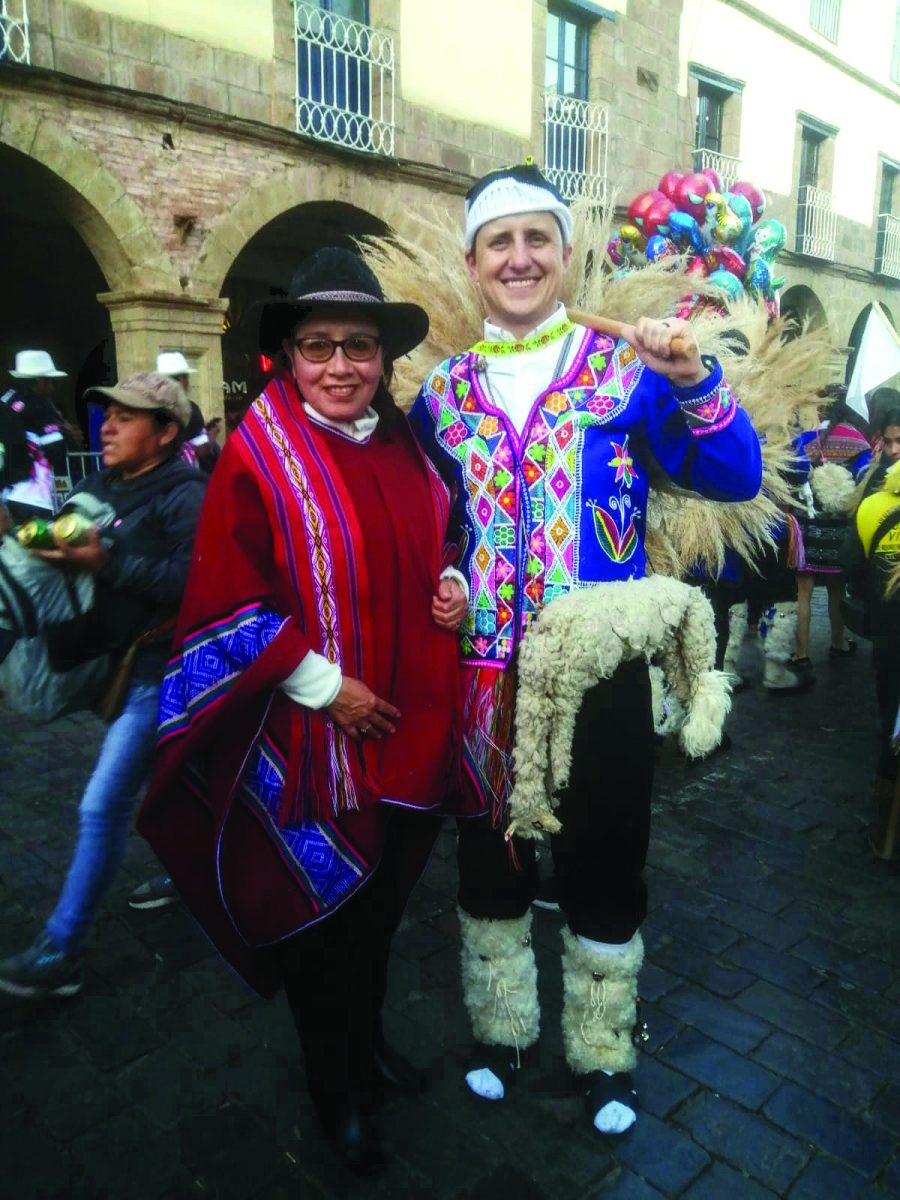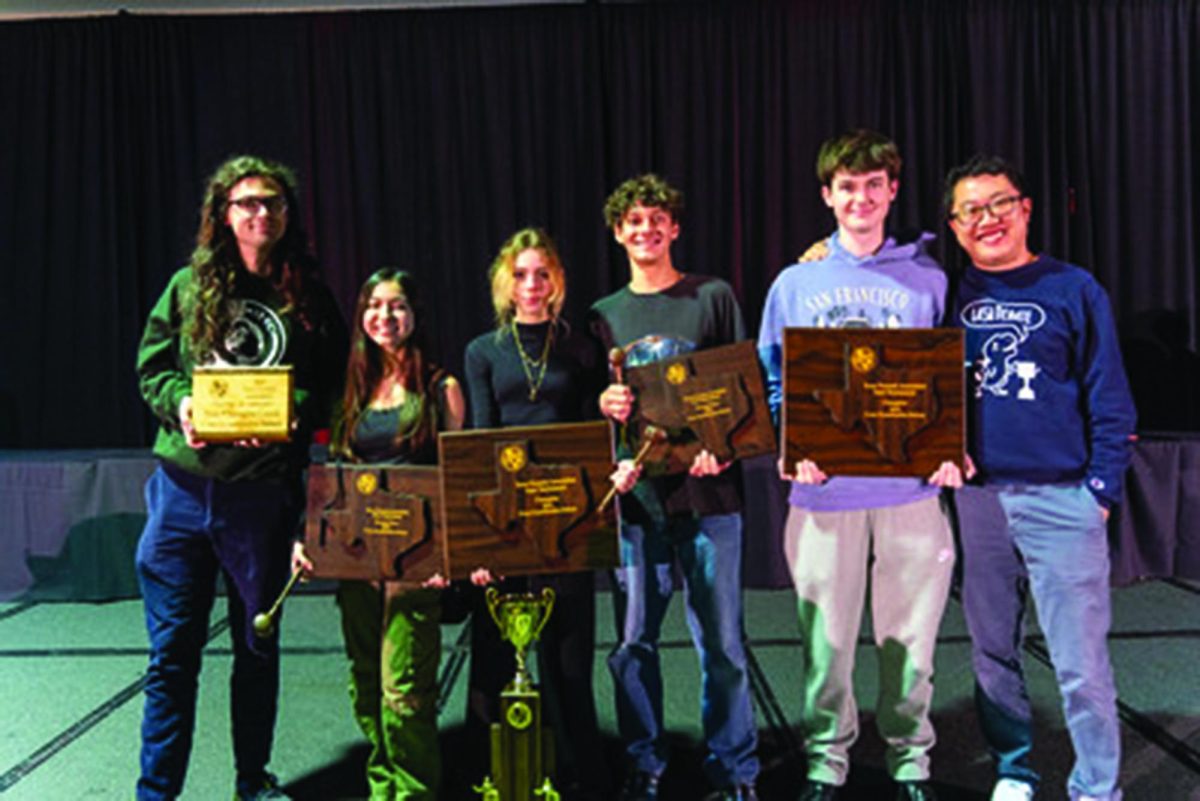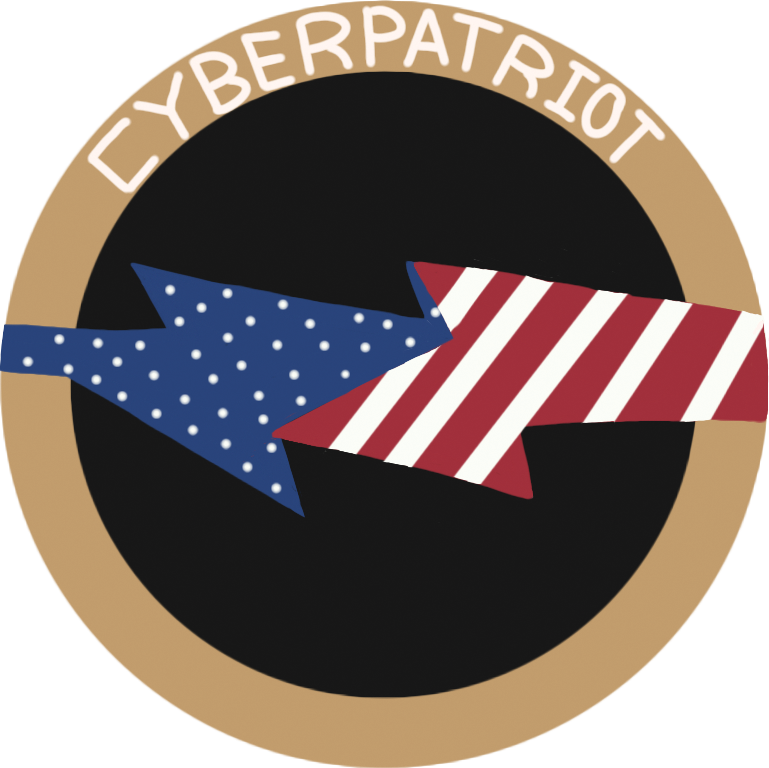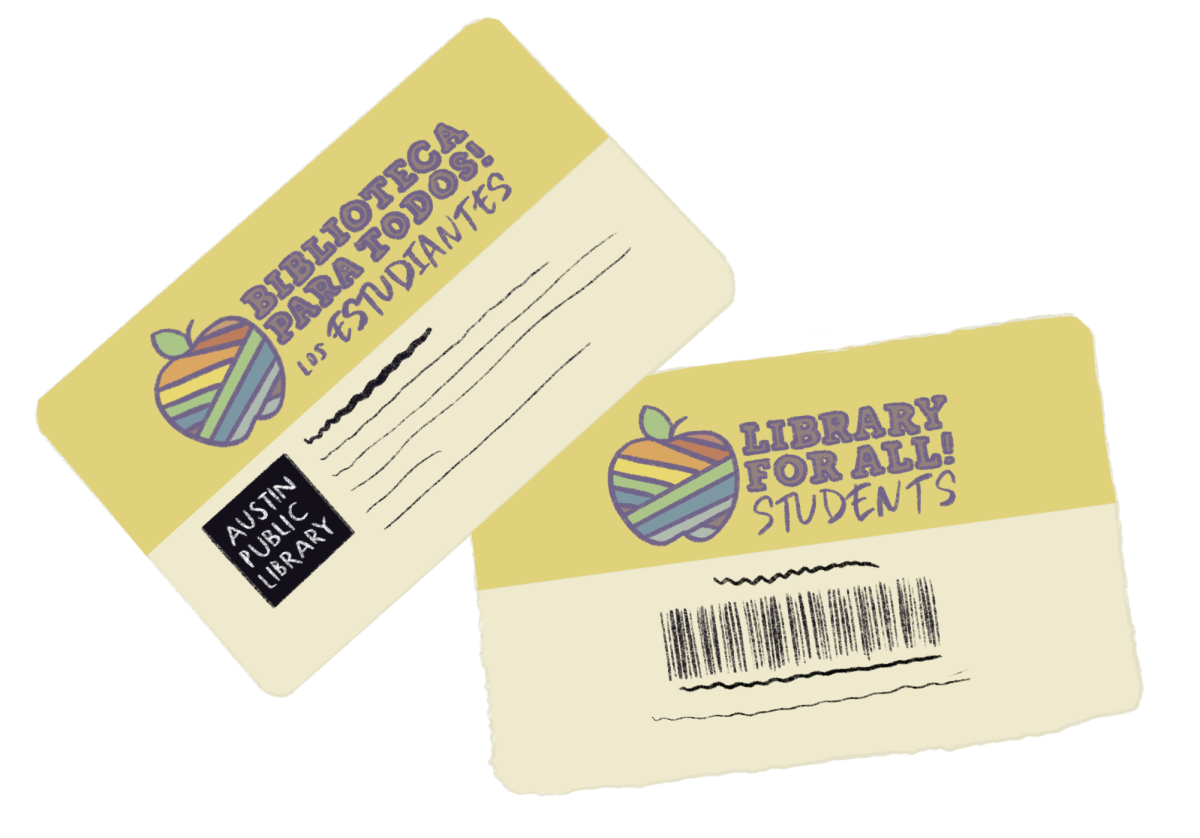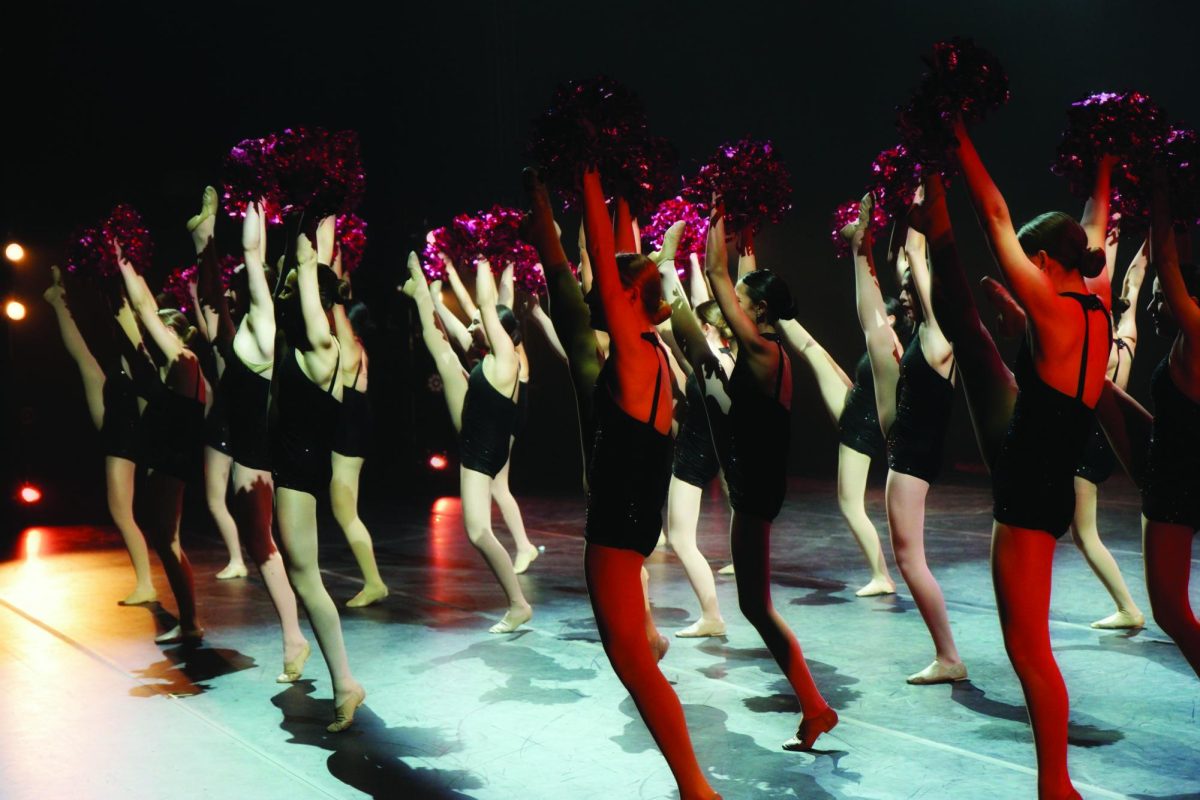LASA Environmental Science, Planet Earth, and Organic Chemistry teacher David Walker traveled to Peru for a study abroad teacher-based program over the summer. The program, called the U.S. Fulbright Program, gave him the opportunity to design a science curriculum for Peruvian schools and participate in several culturally significant celebrations such as the Incan celebration Inti Raymi and the Catholic celebration Corpus Christi. He will host a lunchtime lecture in the library on Friday, October 20 to share his experience.
Where did you stay in Peru and for how long?
I lived in Cusco, Peru, during June, July, and the first week of August. Cusco is in the alpine region of Peru and has an elevation of 1,150 feet above sea level.
Why did you visit Peru, and what did you do there?
The U.S. Fulbright Program gives teachers the opportunity to travel abroad and gain teaching experience. I designed an environmental science program for secondary school students in the city of Cusco.
What was the primary language spoken?
Most of my colleagues spoke Spanish and solely Spanish. It was very much a learning experience for me; I didn’t come into the experience being fluent in Spanish.
Did you notice any differences between Spanish that you might hear in Texas and Peruvian Spanish?
Sure, there are expressions in both places that are unique to those areas. Cusco has a lot of unique phrases like “¡que papaya!”, which means “that was super easy!”, and no one in Mexico would understand what you were saying.
I find the cultural differences between languages fascinating.
I agree. For example, Peru is very Catholic, and there’s an interesting dichotomy because Peruvians are also very attached to their Incan heritage. The reason why there’s a lot of Catholic influence in the area is because the Spanish conquered the Incas. While I was in Peru, there were many things being celebrated, both Incan heritage days and Catholic heritage days. June was a prime month for both of those things happening simultaneously. It felt like every week, there was something different that was being celebrated. They have this main plaza, El Plaza de Armas, which is the big spot where everybody meets.
Did you ever go to any festivals in the plaza?
Yep, in my work with the school we even participated in some of them. In June, they celebrated Inti Raymi, which is the most famous celebration of the Inca. It’s a celebration of the sun, and it occurs around the winter solstice, which marks the beginning of the sun’s return to Earth. There was a huge celebration with parades associated with it, and we all participated. I got to dress up in the traditional garb. They brought all this stuff for me because I was in the parade. That day, the people parading were from all of the different schools in Cusco. The festival was so large and every day there were people from different disciplines and different walks of life. We did a parade for Corpus Christi as well, which is a famous Catholic holiday.
Do you have new insight or experience that you can take into the classroom?
I learned a lot more about environmental science. I’ve never taught AP Environmental Science or a strictly environmental science class. The first thing I did to prepare for this is that I just read environmental science textbooks because there are a lot of things that we do in Planet Earth that are in the context of environmental science, but not the whole discipline. In my experience, I learned specifically about Peru, which is incredibly unique in terms of the environment and biodiversity there. The Cusco area is a biodiversity hotspot and has some of the most unique species on the planet.
With this experience studying abroad, what will your next steps be in the future involving travel?
It’s my favorite type of professional development! I enjoy traveling. I enjoy experiences that challenge me and prompt me to learn about new things. If I can keep myself excited as a teacher about the natural world, then that will spill over in terms of improving my ability to teach.

